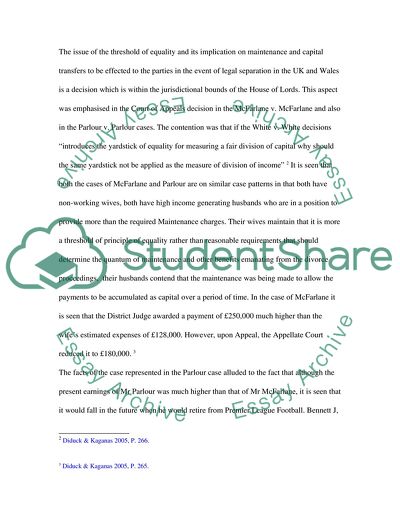Cite this document
(Family Law Essay Example | Topics and Well Written Essays - 2500 words, n.d.)
Family Law Essay Example | Topics and Well Written Essays - 2500 words. Retrieved from https://studentshare.org/law/1711140-law-essay-family-law
Family Law Essay Example | Topics and Well Written Essays - 2500 words. Retrieved from https://studentshare.org/law/1711140-law-essay-family-law
(Family Law Essay Example | Topics and Well Written Essays - 2500 Words)
Family Law Essay Example | Topics and Well Written Essays - 2500 Words. https://studentshare.org/law/1711140-law-essay-family-law.
Family Law Essay Example | Topics and Well Written Essays - 2500 Words. https://studentshare.org/law/1711140-law-essay-family-law.
“Family Law Essay Example | Topics and Well Written Essays - 2500 Words”, n.d. https://studentshare.org/law/1711140-law-essay-family-law.


